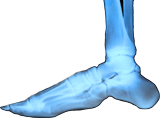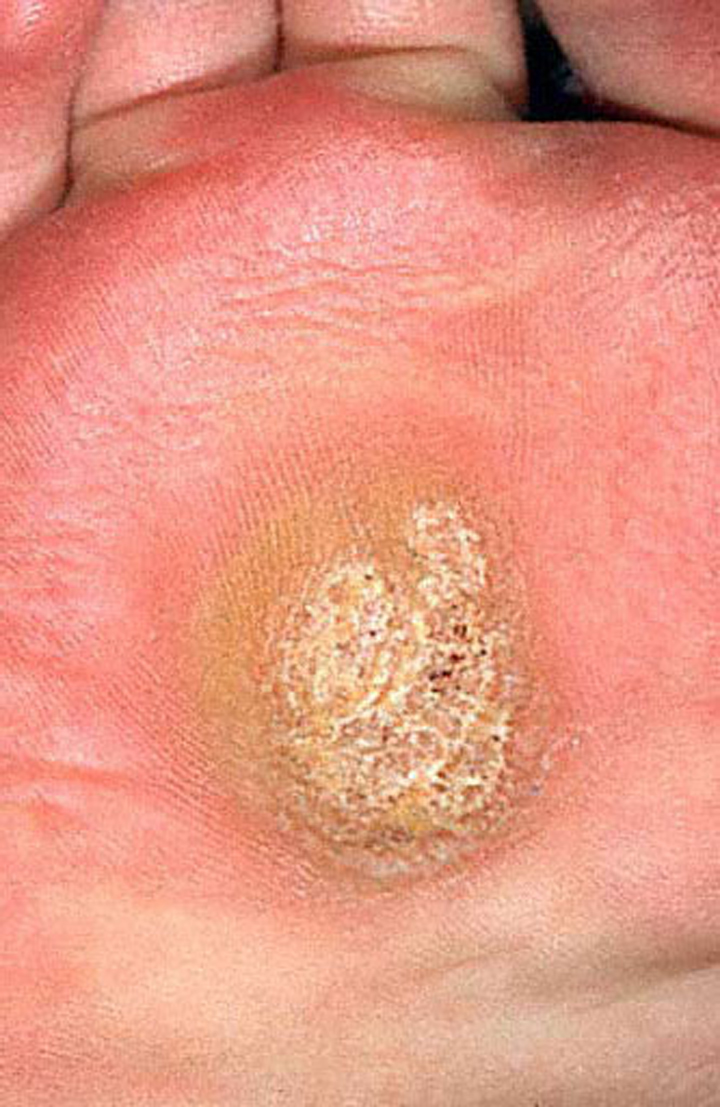
Affiliated Foot Care Center
Call 860•349•8500 or 203•294•4977

A plantar wart also known as verruca, myrmecia and verruca plantaris is a wart caused by the human papillomavirus (HPV) that occurs on your sole (Latin, planta) or the toes of your foot. Plantar warts are usually self-limiting, but treatment is generally recommended to lessen symptoms (which may include pain), decrease duration, and reduce transmission. Approximately 7-10% of Americans tend to get these infections and genetics does play a role in determining susceptibility.
Warts are the most common infection of the skin caused by a virus. Plantar warts grow on the plantar, or bottom surface of the foot. They tend to be found in areas of pressure such as the heel and ball of the foot. Plantar warts often grow into the deeper layers of skin because of the pressure they receive because of their location.
Generally, warts go away on their own with time, but plantar warts should be treated to lessen the pain associated with them, to decrease duration of symptoms, and to reduce transmission to others. Because the incubation period for warts is from 1-20 months, it is difficult to tell exactly when the virus was introduced into the body.
Plantar warts may cause pain, particularly when walking. They may spread to other sites. They do not, however, usually spread to areas that are a different kind of skin.
The human papilloma virus (HPV) causes plantar warts. The virus attacks the skin through direct contact. Normally, antibodies in the blood kill the virus. Some people are more susceptible to the human papilloma virus than others.
The HPV takes refuge in the skin. This occurs through breaks in the surface of the outer layer of skin called the epidermis. Such exposure is frequently associated with public shower rooms or walking barefoot on dirty surfaces or littered ground where the virus is lurking.
Dr. Fosdick can burn off the wart with a mild acid applied directly to the site. This disintegrates the viral cells and allows normal healthy skin to replace them. Many applications may be required over the course of several weeks to achieve this, but the technique is highly successful.
There is some evidence that Gardasil (Merck) or Ceravix (GlaxoSmithKline) vaccinations (given at the 9-26 age range) may prevent plantar warts for those who have had these vaccinations. This evidence has not been fully tested and these vaccines, which are given for the purpose of preventing cervical cancer and genital warts are not yet FDA-approved for the treatment of and reduction of plantar warts on the feet.